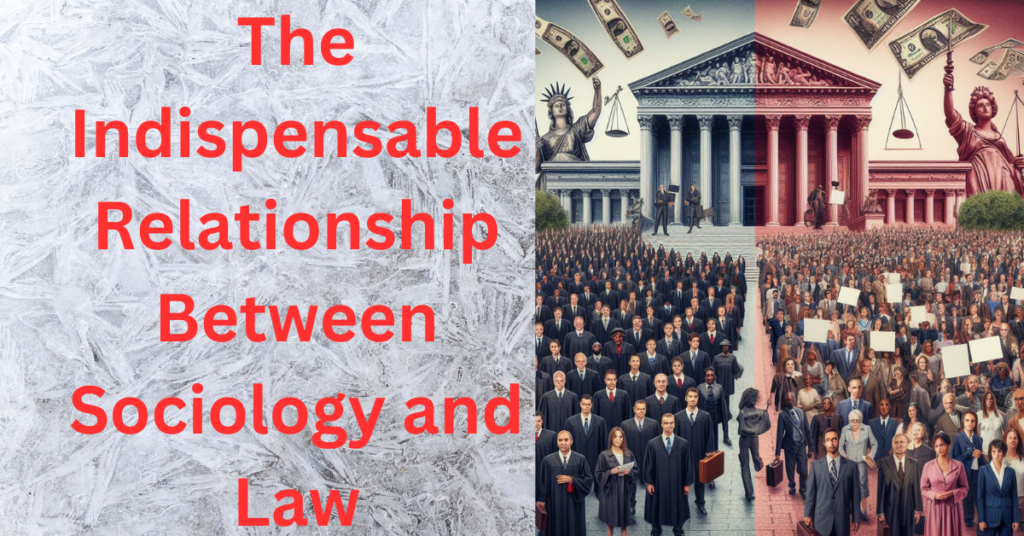Dr. Ashwani Kumar and Dr. Vikas Bhandari
Politics- as an ambition is least sought out by emerging youth, what would be the fate of a country in which this anyhow least sought-after ambition is further limited and dissuaded against? The resulting consequence of such a limitation would be in one word- “APATHY” which is the most dangerous form of consequence for any healthy democracy as has been rightly said- “Apathy towards politics is the greatest encouragement for an unaccountable and corrupt democracy”.
Now, what is it that prevents this danger of “APATHY” from setting in? It is – “ELECTIONS”.
Elections test the political ambience of any region and it is this test that defines the continuity or discontinuity of that political ambience but what would be the political ambience if such a test (election) is not regular or its existence is rather very precarious? The answer to that lies in the ambience of Jammu and Kashmir.

Elections serve as the foundation for citizen engagement in the political process of any healthy democracies including but not limited to the region of Jammu and Kashmir. It facilitates people to exercise their democratic rights and express their preferences, contributing to the establishment of a resilient and inclusive government structure. However, the prolonged delay in holding assembly elections in Jammu and Kashmir since 2014 has had detrimental effects on the political aspirations and has undermined the understanding of the region’s young population.
Regular elections are not only about casting votes; they are also a celebration of democracy that fosters political awareness among citizens and attempts to build youth’s trust and love for democracy guaranteeing the survival of a democratic ambience. They provide a platform for individuals to engage with relevant issues and gain a deeper understanding of political ideologies and party platforms. Particularly for the younger generation, elections offer an opportunity to have meaningful conversations with experienced voters, shaping their political perspectives and preparing them for active participation in the democratic process.
The absence of regular elections in Jammu and Kashmir has resulted in a lack of motivation among the public, especially the youth, to join political parties. Regional parties, in particular, have struggled to establish connections with the local population due to the absence of elections. Consequently, the Youth of Jammu & Kashmir aspiring for careers in politics but lacking active political participation have seen their hopes crushed.
Political parties not only provide a platform for citizens to voice their beliefs but also facilitate personal growth and development. Through party membership, individuals can shape their identities and navigate the norms and guidelines that govern political engagement. The postponement of elections has made it more challenging for unemployed individuals to find avenues for social involvement, as political party membership often connects them with society.
The consequences of the deferring elections in Jammu and Kashmir extend beyond the paralysis of the political system. The region’s youth, who will be responsible for making important decisions and leading in the future, are being adversely affected by the lack of democratic processes and engagement. A prolonged gap in conducting elections may also result in disenchantment among the youth for the political process in its entirety. Postponed elections hinder the maturation of young people’s political awareness, impeding the development of critical thinking, negotiation skills, and empathy— all of which are qualities essential for effective governance.
Furthermore, an excessive focus on limiting political ambitions can lead to a risk-averse political culture, where leaders avoid necessary but challenging reforms to protect their positions. It is crucial to encourage a political environment that values both pragmatism and visionary thinking, fostering a dynamic and responsive governance that can effectively address the ever-evolving needs of society. Ultimately, the key lies in finding a middle ground that allows for ambitious goals while recognizing the practical constraints inherent in the political landscape.
Today’s youth are the torchbearers of tomorrow, and their participation in political processes is vital for the democratic fabric of any society. Deferred elections risk disenfranchising an entire generation from the democratic process, hindering their active involvement in political life. The absence of a representative government further reinforces feelings of disenfranchisement and disillusionment, breeding apathy and disinterest among younger generations.
The significant impact of the delayed assembly elections in Jammu and Kashmir on the political aspirations and understanding of the region’s youth necessitates immediate attention. Elections serve as a festival of political understanding, empowering young people with the knowledge and skills to meaningfully participate in the democratic process.
The Politics as a process itself evolved to channelize the aspirations of people towards a common goal or objective but, the very process to decide who shall be the channelizer of such aspirations of the people which is commonly known as the “process of election” if deferred or not taken as priority affair without any iota of flippancy will ultimately result in the defeat of the Penultimate objective for which the very process of election stands for and continues to be necessity route or the path to give rein to or channelize rightly the political aspirations. Thus, the process to select “who shall” is condition precedent to initiate the process of “What shall and where shall we head towards”.
Addressing the current deadlock and ensuring the timely conduct of assembly elections is crucial to enable the youth to fulfil their political aspirations and contribute effectively to the democratic fabric of the region. Recognising the importance of youth participation in politics, it is imperative to take the necessary steps to conduct assembly elections in a timely manner and one ensure that no matter the in which Party’ favour the political ambience of the region is, the ambience is always democratic and not any other ambience.
It is high time that the youth of Jammu & Kashmir is made to realize the truth of the quote – “You may not be interested in Politics but, Politics is interested in you”.
The views and opinions expressed by the authors in this article are their personal opinions and do not represent the views of PureSociology. You can contact the author/s at [email protected]. The details of the authors are:
Dr. Ashwani Kumar, Assistant Professor of Sociology, Guru Kashi University, Bathinda, Punjab
Dr. Vikas Bhandari, Assistant Professor of Political Science, Chandigarh University, Mohali, Punjab



Saying goes to .. if u want to prove someone, s loyality give him power ……..
Lines are v close to th heart of everyone who aspires to same